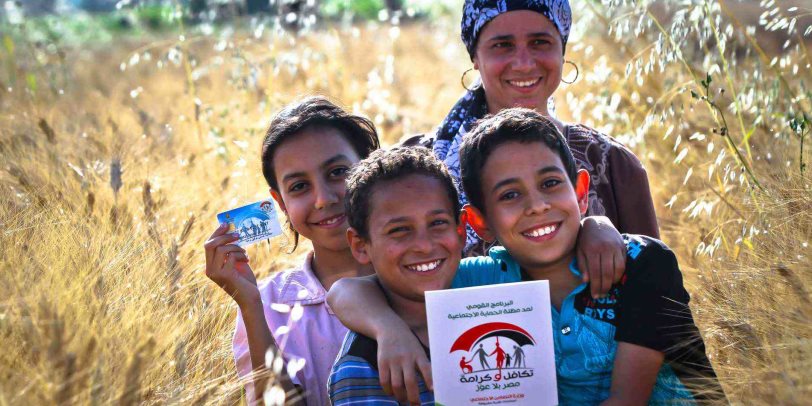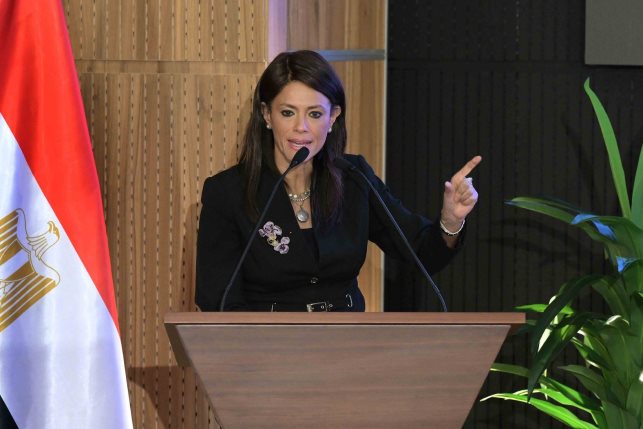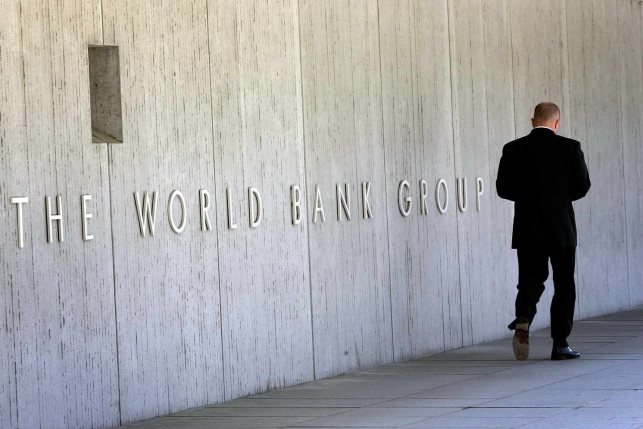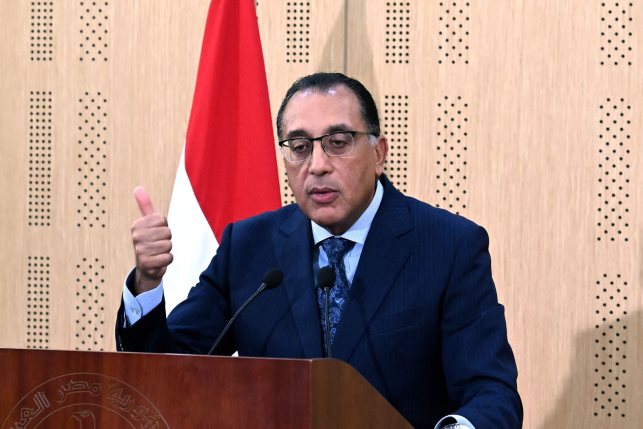Egypt allocates record EGP 470B in budget for social welfare and compensation
From establishing the social insurance system in the 1960s to the modern-day implementation of cash support programs, Egypt's social protection framework has adapted to meet the changing demands of society, guided by principles of social justice and human rights

Egypt's social protection programs have undergone significant development since their inception in the 1950s, reflecting the nation's commitment to fostering social justice and improving the lives of its most vulnerable citizens. Over the decades, these programs have evolved to encompass various forms of assistance, including cash aid, in-kind support, and disaster relief, catering to the population's diverse needs.
The Egyptian government's multifaceted approach to social protection aims to provide a safety net for the most vulnerable groups, ensuring access to basic services and securing a minimum income for those in need. From establishing the social insurance system in the 1960s to the modern-day implementation of cash support programs, Egypt's social protection framework has adapted to meet the changing demands of society, guided by principles of social justice and human rights.
Since 2016, the Egyptian government has aimed to improve both the wage and pension structure to assist citizens in dealing with severe economic crises, such as inflation or unemployment. This trend was evident in the data published in the fiscal year 2023/2024 budget, which allocated about EGP 470 billion to wages and workers’ compensation out of total expenditures amounting to about EGP 2.99 trillion. This marked an increase of EGP 60 billion, or about 14.6%, compared to the EGP 410 billion allocated in the previous year's budget.

From a legislative perspective, reforms have played a pivotal role in shaping Egypt's social protection landscape, with recent amendments focused on enhancing benefits for civil servants and pensioners. The House of Representatives gave final approvals for the following draft laws:
1. A draft law is being proposed to speed up the payment of periodic bonuses, provide a special bonus for individuals not covered by the Civil Service Law, increase the additional incentives for state workers, determine a special grant for employees in public sector companies and the public business sector, and increase pensions.
2. A draft law amending some Social Insurance and Pensions Law provisions promulgated by Law No. 148 of 2019.
3. Law No. 80 of 2017 and Law No. 99 of 2018 regarding increasing pensions and amending some provisions of the Disability Rights Law, issued by Law No. 10 of 2018.
4. Law for Social Insurance and Pensions Law No. 148 of 2019.
5. Law 371 regarding increasing pensions starting from 7/1/2020, and Resolution 260 of 2021 regarding increasing pensions starting from 7/1/2021
Regarding the minimum wage, it has seen seven consecutive increases since February 2019. The most recent increase was in March 2024, when President Abdel Fattah El-Sisi directed to raise the minimum wages for agency employees. The minimum wage has been raised to EGP 6,000 as part of the government’s efforts to support Egyptian citizens during economic crises.
Cash safety nets serve as crucial support mechanisms, providing short-term relief and economic stability during times of hardship. The expansion of social support programs, such as the "Takaful and Karama" initiative, has led to a notable increase in beneficiaries. The number of beneficiaries of cash support programs increased from 1.79 million families in the fiscal year 2014-2015 to 5.2 million families in the fiscal year 2023-2024, representing a 200% increase.
The social support and protection section accounts for about 17.7% of the total expenditures in the new budget, amounting to EGP 2.99 trillion. Support for food commodities represents the largest share of the support at 38.9%, with a value of about EGP 127.7 billion. The petroleum support value amounted to EGP 119.4 billion during the budget for the fiscal year 2022-2023. The Ministry set the average price of a barrel of Brent crude at $80.
In-kind support remains integral to Egypt's social protection strategy, with the government providing essential commodities at reduced prices to alleviate financial burdens on citizens.
Regarding ration cards, in 2016, the monthly cash support per person was increased from 15 to 21 EGP. In 2019, the data on support beneficiaries was updated by refining the ration cards to ensure access for the real beneficiaries. As a result, the monthly cash support for individuals on the cards increased to EGP 50, marking a 140% increase. This brought the number of beneficiaries of the ration card system in the country to 69 million people, while around 79 million people benefited from the bread support system. The percentage of spending on these programs is about 6% of the total public spending.
Recent years have seen efforts to improve distribution systems and enhance the efficiency of commodity support programs. For example, the total commodity support in the new budget for the fiscal year 2024/2025 amounts to about EGP 298 billion, with significant allocations for food supplies and petroleum products.
Healthcare initiatives targeting vulnerable groups, such as orphans and the elderly, have been instrumental in improving access to quality medical services. Civil society organizations have also played a vital role in complementing government efforts, particularly in poverty alleviation and healthcare provision.
Egypt recognizes small and medium enterprises (SMEs) as key pillars of economic and social development. The government has launched initiatives aimed at supporting entrepreneurship, providing financial assistance, and offering logistical services and training to SMEs. The Micro, Small, and Medium Enterprises Development Agency (MSMEDA) has facilitated job opportunities and provided services to thousands of small and micro projects, with financing totaling EGP 6.347 billion in a recent period.
The establishment of the National Alliance for Civil Development Work also represents a significant step towards fostering collaboration between government agencies and civil society organizations. This partnership aims to streamline social protection programs, improve coordination, and ensure effective resource allocation to those in need.
In conclusion, Egypt's journey towards comprehensive social protection is characterized by ongoing reforms, increased budget allocations, and collaborative efforts between government and civil society. Despite challenges, the nation remains steadfast in its commitment to improving the well-being of its citizens and achieving sustainable development for all.





